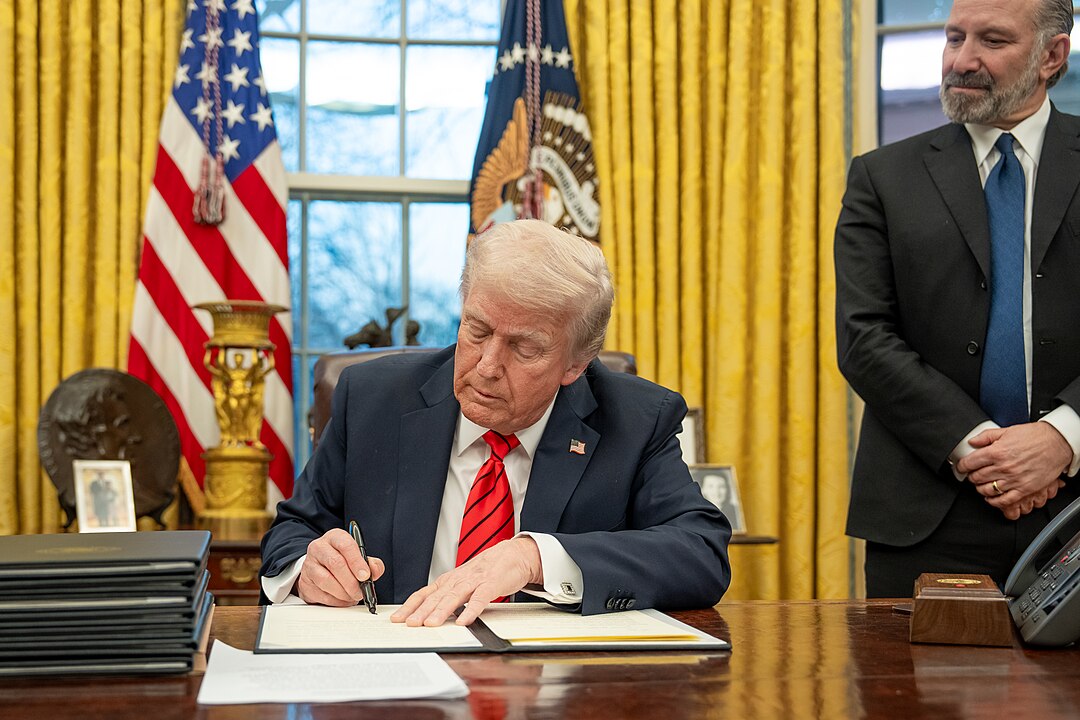On Wednesday morning, a federal appeals court blocked the Trump Administration from deporting migrants accused of being members of the Venezuelan gang Tren de Aragua using an 18th-century wartime law.
In a 2-1 ruling, the Fifth U.S. Circuit Court of Appeals sided with immigrant rights lawyers and lower court judges who argued the Alien Enemies Act of 1798 was not created to be used against gangs like Tren de Aragua.
“The Trump administration’s use of a wartime statute during peacetime to regulate immigration was rightly shut down by the court,” Lee Gelernt, who argued the case for the American Civil Liberties Union, said. “This is a critically important decision reining in the administration’s view that it can simply declare an emergency without any oversight by the courts.”
The Alien Enemies Act was previously used only three times in U.S. history, and all came during declared wars in the War of 1812 and the two World Wars.
The court’s ruling blocks deportations from Texas, Louisiana and Mississippi.
The majority opinion said Trump’s allegations about Tren de Aragua do not meet the historical levels of national conflict that Congress intended for when the law was approved.
“A country encouraging its residents and citizens to enter this country illegally is not the modern-day equivalent of sending an armed, organized force to occupy, to disrupt, or to otherwise harm the United States,” U.S. Circuit Judges Leslie Southwick and Irma Carrillo Ramirez wrote.
In a dissent, U.S. Circuit Judge Andrew Oldham argued that the majority was second-guessing Trump’s conduct in foreign affairs and national security, which are areas where courts often give the president great deference.
“The majority’s approach to this case is not only unprecedented—it is contrary to more than 200 years of precedent,” Oldham wrote.
The Trump administration secured one legal victory in Tuesday’s ruling, with the judges finding the procedures officials use to advise detainees under the Alien Enemies Act about their legal rights are appropriate.
The ruling can be appealed to the full Fifth Circuit or directly to the U.S. Supreme Court, which is expected to make the ultimate decision in this case.



